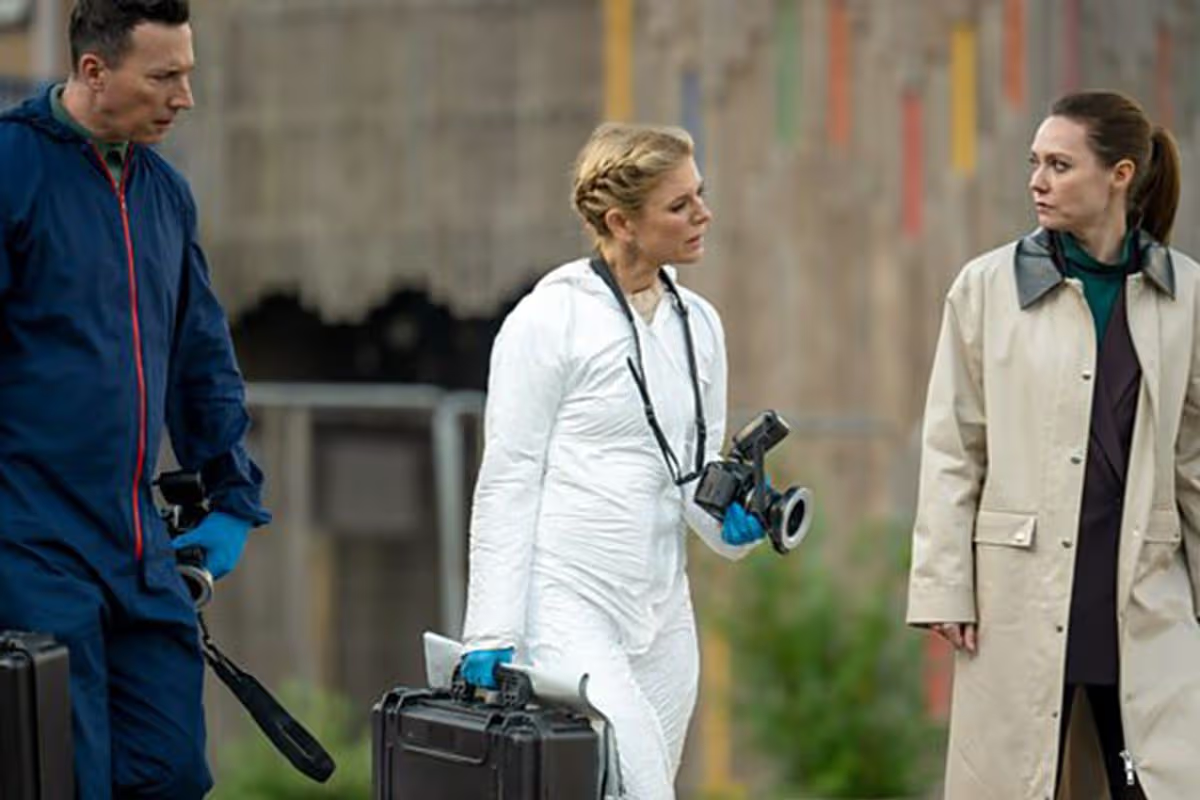Silent Witness fans should watch another crime drama set in Scotland.
The alternative forensic drama for Silent Witness fans is the perfect binge.
Devotees of Silent Witness are being encouraged to discover another forensic drama that debuted on the BBC in 2021, following recent scheduling adjustments to the latest instalments.
The crime thriller centres on three female forensic experts – Emma Hedges (portrayed by Molly Windsor), Sarah Gordon (Laura Fraser) and Kathy Torrance (Jennifer Spence) as they piece together evidence in a murder investigation and secure a conviction.
Traces unfolds in and around Dundee, though viewers might find it intriguing that most of the BBC production was actually shot in Bolton, Manchester.
Created by Val McDermid and Amelia Bullmore, the drama tracks Emma Hedges, a laboratory technician returning to her native Dundee for a fresh position.
Beyond her professional duties, she harbours a personal quest to uncover the truth surrounding her mother’s killing.
Initially broadcast on Alibi, both series subsequently transferred to BBC One, with the final episode of the 12-part run transmitted in 2024.
Fraser portrays Sarah Gordon, a Chemistry professor at the University of Tayside who becomes Emma’s superior at SIFA.
Spence takes on the role of Kathy Torrence, a forensic anthropology professor at the University of Tayside and fellow SIFA colleague.
Viewers flocked to IMDb to express their opinions on the programme, with craigpetterson noting: “Set in Dundee, Scotland, great performances by the cast. Keeps the viewer hooked until the end.”
They added: “Congratulations to Alibi for commissioning and producing such a high quality production in Scotland.”
Barryrd enthused: “I was glued to Britbox watching the first season of this highly enjoyable show. This great drama consisted of several episodes and showed how a young woman, who lost her mother as a child, struggled valiantly to find out the truth of her mother’s death.
“The story had me transfixed to my screen and highlighted the science of forensics which is such a fascinating part of solving crimes in the 21st century.”
Bella-10103 praised the series as “addictive”, adding: “Binged watched this over a couple of days, absolutely loved Traces.”
Lyninbyron summed up: “I binge watched in one day. I had to! Riveting story, great cast but missed quite a bit of the dialogue due to fast, garbled lines.
“That said, I rate it a 10 for being excellently written. Series two please, can’t wait. Congratulations to all involved.”
Traces is currently airing on NOW.
**For the latest showbiz, TV, movie and streaming news, go to the new Everything Gossip website**

